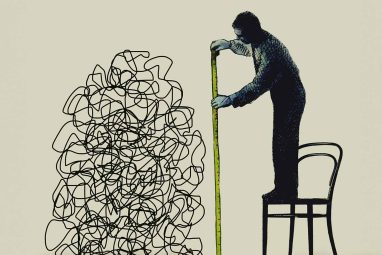Why Stressed Candidates Make Better Cross-Cultural Hires
New research shows that individuals who experience more stress in unfamiliar cultures are faster at learning and adapting to social norms.
Topics
News
- Waymo Secures $16 Billion to Expand Robotaxi Operations Worldwide
- OpenAI, Snowflake in $200 Million Deal to Embed AI in Enterprise Data
- Musk Merges SpaceX and xAI in Deal Valued at $1.25 Trillion
- TASC Group Appoints New CEO To Lead AI-Driven Growth in the MENA Region
- What Is Moltbook? A New Social Network Built for AI Agents
- OpenAI May Secure $50B From Amazon in Ongoing Talks

Sirozha/Getty Images
When interviewing job candidates, you may look for evidence that they stay calm under pressure, and interpret signs that they are easily stressed as red flags. But our recent research shows that for cross-cultural positions, those red flags might actually signal your best hires.
Across five studies, we used a variety of methods to measure how easily people got stressed. We then asked them to learn the social norms of an unfamiliar culture through trial and error. We consistently found that individuals who were more easily stressed learned the novel cultural norms faster. Importantly, their stress levels declined as they learned the norms.
Although our studies focused on learning interpersonal norms in unfamiliar national cultures, our findings are relevant to other situations such as adjusting to a new organizational culture, interacting with partners from other backgrounds, and relocating abroad for an expat assignment. Our findings point to three recommendations for managers.








